Hirschsprung's disease
Children with Hirschsprung's disease (Hirsch·sprungs dis·ease) are born with missing nerve cells at the end of their bowels. Hirschsprung's disease is a rare congenital illness in which the rectum and sometimes the colon cannot function normally, resulting in serious constipation or obstruction of the bowel.
What is Hirschsprung's disease?
Hirschsprung's disease occurs while a baby is still developing in the mother’s womb. In a healthy developing child, the nerve cells grow from the beginning to the end of the bowel and help the colon to relax and pass stool. With Hirschsprung's disease, the child’s nerve cells do not grow to the end of the bowel.
In most cases, the nerve cells are missing from areas in the child’s rectum and sigmoid colon (part of the colon that is closest to the rectum and anus). Once the stool reaches the area where the nerve cells are missing, the blockage forms and the child develops symptoms.

What are the different types of Hirschsprung's disease?
Long-segment Hirschsprung's disease - nerve cells are missing from most or all of the large intestine and could be missing from the last segment of the small intestine.
Short-segment Hirschsprung's disease - nerve cells are missing from the last segment of the large intestine.
Entire large and small intestine - Although rare, in some children the nerve cells are missing.
What are the signs and symptoms of Hirschsprung's disease?
Symptoms in infants (up to 1 year) can include:
Failure to pass meconium (stool) after birth
Failure to pass first stool within 48 hours of birth
Infrequent, but explosive, stools
Poor feeding
Watery diarrhea
Symptoms in children older than 1 year can include:
Failure to respond to oral constipation medicines
Slow growth
Swelling of belly
Unexplained fever
Hirschsprung’s disease affects five times as many male babies as it does female babies. In a few cases, a dangerous infection called enterocolitis can occur. This infection damages the lining of the intestines, which is a serious issue. In extreme cases, the intestine may also rupture or burst.
How is Hirschsprung's disease diagnosed?
In order to diagnose the disorder, a biopsy of the rectal tissue is performed. Learn more about pediatric rectal suction biopsy.
How is Hirschsprung's disease treated?
Children suspected of having the disease should get immediate medical treatment, including:
Antibiotic therapy if enterocolitis develops
IV fluids
No food by mouth
Relieving pressure in the intestines and stomach by using enemas
Some cases may require surgery. The condition can involve varying lengths of large intestine beginning at the rectum. Once the involved intestine is identified, this portion is removed and the uninvolved intestine is then used to surgically create a new rectum for the child.
This operation, referred to as a laparoscopic pull-through surgery can be done as either a single or two-stage operation.
The two-stage operation involves performing a colostomy which allows the stool to be diverted to the abdominal wall and emptied into a bag. The pull-through is then done at a second operation after the child has resolved other concurrent issues that may complicate their recovery.
In the single-stage procedure, the pull-through is performed without a colostomy and is reserved for selected infants or children felt to be candidates for the more complex procedure.
Hirschsprung's disease doctors and providers
 Bradley Barth, MDPediatric Gastroenterologist
Bradley Barth, MDPediatric Gastroenterologist Dai Chung, MDPediatric Surgeon
Dai Chung, MDPediatric Surgeon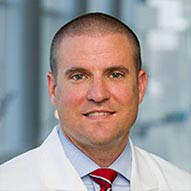 Adam Alder, MDPediatric Surgeon
Adam Alder, MDPediatric Surgeon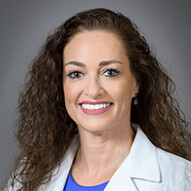 Michele Alkalay, MDPediatric Gastroenterologist
Michele Alkalay, MDPediatric Gastroenterologist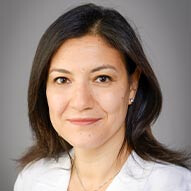 Amal Aqul, MDPediatric Hepatologist
Amal Aqul, MDPediatric Hepatologist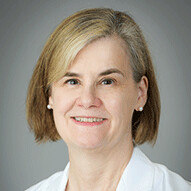 Sarah Barlow, MDPediatric Gastroenterologist
Sarah Barlow, MDPediatric Gastroenterologist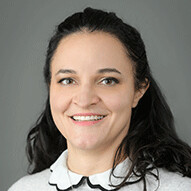 Nathalie Brewer, MDPediatric Surgeon
Nathalie Brewer, MDPediatric Surgeon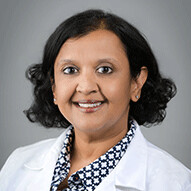 Nandini Channabasappa, MDPediatric Gastroenterologist
Nandini Channabasappa, MDPediatric Gastroenterologist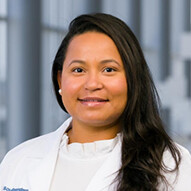 Natasha Corbitt, MDPediatric Surgeon
Natasha Corbitt, MDPediatric Surgeon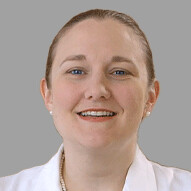 Diana Diesen, MDPediatric Surgeon
Diana Diesen, MDPediatric Surgeon Barbara Gaines, MDPediatric Surgeon
Barbara Gaines, MDPediatric Surgeon Michele Gifford, MDPediatric and Adolescent Gynecology
Michele Gifford, MDPediatric and Adolescent Gynecology Lauren Gillory, MDPediatric Surgeon
Lauren Gillory, MDPediatric Surgeon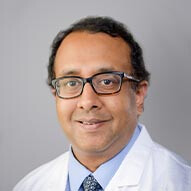 Aakash Goyal, MDPediatric Gastroenterologist
Aakash Goyal, MDPediatric Gastroenterologist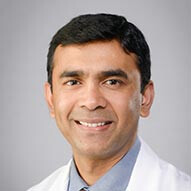 Bhaskar Gurram, MDPediatric Gastroenterologist
Bhaskar Gurram, MDPediatric Gastroenterologist Russell Hawkins, MDPediatric Surgeon
Russell Hawkins, MDPediatric Surgeon Charles Hong, MDPediatric Surgeon
Charles Hong, MDPediatric Surgeon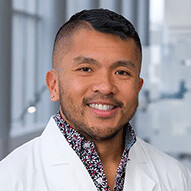 Jason Jarin, MDPediatric Gynecologist
Jason Jarin, MDPediatric Gynecologist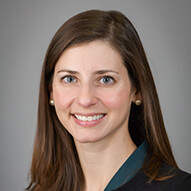 Lauren Lazar, MDPediatric Gastroenterologist
Lauren Lazar, MDPediatric Gastroenterologist Stephen Megison, MDPediatric Surgeon
Stephen Megison, MDPediatric Surgeon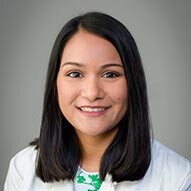 Megha Mehta, MDPediatric Gastroenterologist
Megha Mehta, MDPediatric Gastroenterologist Carrie Moore, MDPediatric Surgeon
Carrie Moore, MDPediatric Surgeon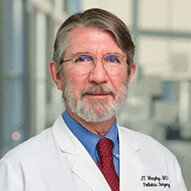 Joseph Murphy, MDPediatric Surgeon
Joseph Murphy, MDPediatric Surgeon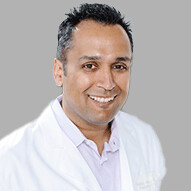 Samir Pandya, MDPediatric Surgeon
Samir Pandya, MDPediatric Surgeon Laura Purcell, MDPediatric Surgeon
Laura Purcell, MDPediatric Surgeon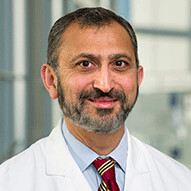 Faisal Qureshi, MDPediatric Surgeon
Faisal Qureshi, MDPediatric Surgeon Charina Ramirez, MDPediatric Gastroenterologist
Charina Ramirez, MDPediatric Gastroenterologist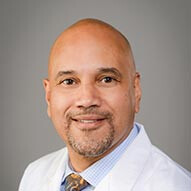 Norberto Rodriguez-Baez, MDPediatric Hepatologist
Norberto Rodriguez-Baez, MDPediatric Hepatologist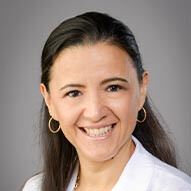 Isabel Rojas Santamaria, MDPediatric Gastroenterologist
Isabel Rojas Santamaria, MDPediatric Gastroenterologist Mark Ryan, MDPediatric Surgeon
Mark Ryan, MDPediatric Surgeon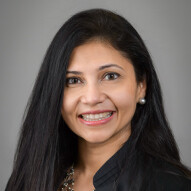 Rinarani Sanghavi, MDPediatric Gastroenterologist
Rinarani Sanghavi, MDPediatric Gastroenterologist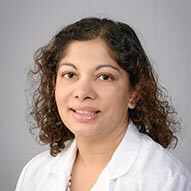 Meghana Sathe, MDPediatric Gastroenterologist
Meghana Sathe, MDPediatric Gastroenterologist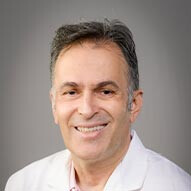 Mhammad Gaith Semrin, MDPediatric Gastroenterologist
Mhammad Gaith Semrin, MDPediatric Gastroenterologist Luis Sifuentes-Dominguez, MDPediatric Gastroenterologist
Luis Sifuentes-Dominguez, MDPediatric Gastroenterologist David Troendle, MDPediatric Gastroenterologist
David Troendle, MDPediatric Gastroenterologist Phuong Luu, PA-CPhysician Assistant - Gastroenterology
Phuong Luu, PA-CPhysician Assistant - Gastroenterology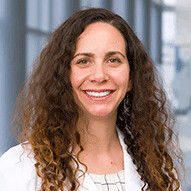 Sharon Kluger, APRN, PNP-AC/PCNurse Practitioner - Pediatric Surgery
Sharon Kluger, APRN, PNP-AC/PCNurse Practitioner - Pediatric Surgery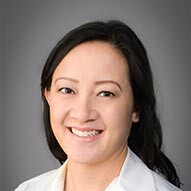 Van Nguyen, APRN, PNP-PCNurse Practitioner - Gastroenterology
Van Nguyen, APRN, PNP-PCNurse Practitioner - Gastroenterology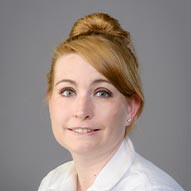 Jennifer Peacock, APRN, PNP-PCNurse Practitioner - Gastroenterology
Jennifer Peacock, APRN, PNP-PCNurse Practitioner - Gastroenterology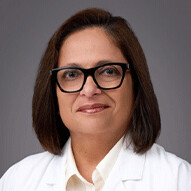 Shabina Walji-Virani, APRN, PNP-PCNurse Practitioner - Gastroenterology
Shabina Walji-Virani, APRN, PNP-PCNurse Practitioner - Gastroenterology